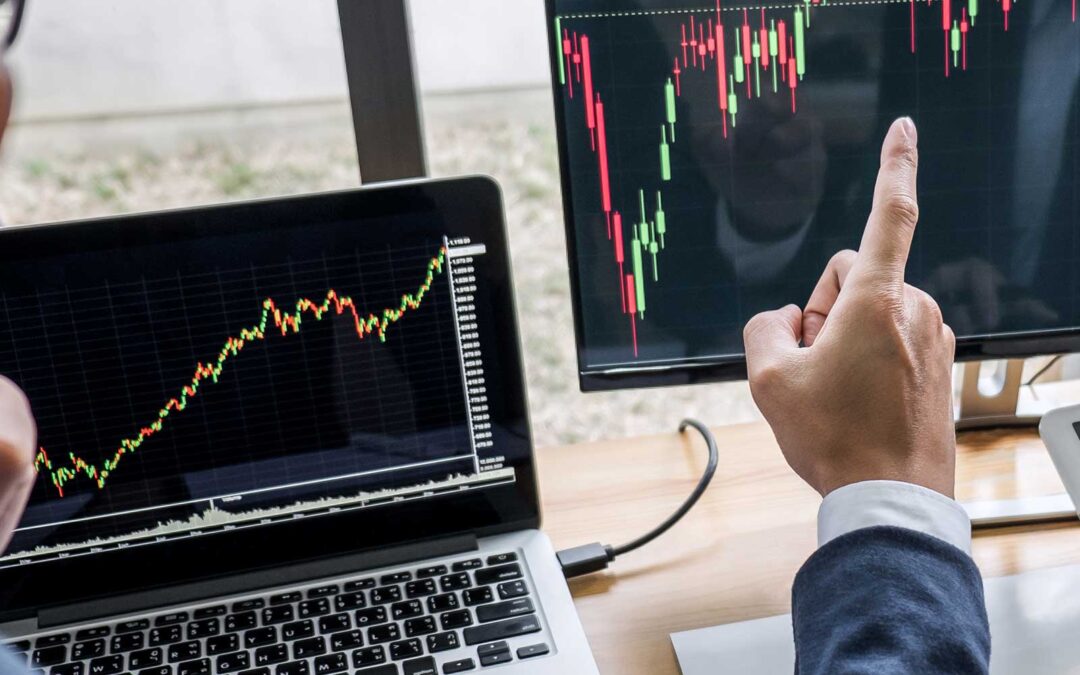Many babies born today in the developed world are expected to live nearly 100 years. Given the vast changes over the past two decades in medicine, technology and the ways we work, communicate and even entertain ourselves, it’s almost hard to imagine how different life will be in 100 years.








